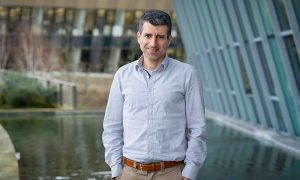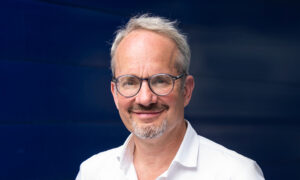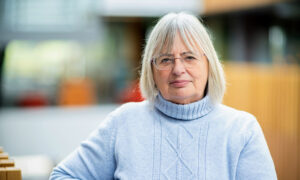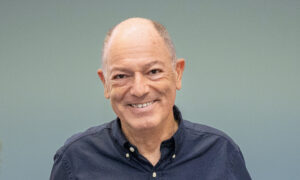
Obituary: Stephen Fuller
Stephen (Steve) Fuller, who worked at EMBL Heidelberg for 19 years as a postdoc, group leader and then head of unit, sadly passed away on 25 August, at the age of 60.
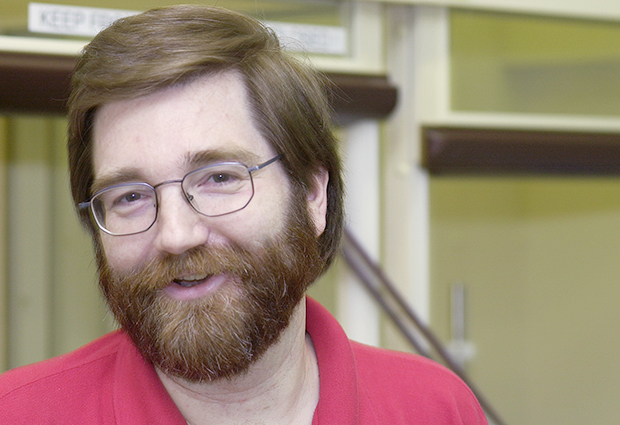
Steve moved to EMBL in 1981 as a postdoc in Kai Simon’s group following his PhD at the University of Oregon. He soon realised the potential of combining his experience of image analysis and cell biology with the developments going on in the lab of group leader Jacques Dubochet, which had just developed cryo-electron microscopy (cryo-EM). Steve became a key figure in the development and application of cryo-EM and computational image processing methods to biological problems, becoming a group leader in 1986 and later heading up the structural biology programme. Amongst other important research from his EMBL group, he advanced the field of virus structure determination, especially in his work on Semliki Forest Virus and HIV.
Many alumni will remember Steve for much more than his research. He was a great mentor, inspiring many of today’s leading scientists in the cryo-EM field. He had enormous passion and enthusiasm for training, and was a major driving force for cryo-EM initiatives taking place around the world, including a long-running programme of EMBO courses. Similarly, he was instrumental in developing the electron microscopy databank (now part of PDBe), and in setting up support for visitors to do cryo-EM work at EMBL. Steve also fought for equality, supporting minorities and Amnesty International, and in his spare time was a fanatical runner and Porsche driver.
We knew Steve not just as an inspiring mentor, but also as an extraordinarily kind person.
Tributes flooding in emphasise his directness, openness to ideas, and caring and humourous nature. Gareth Griffiths, a former group leader at EMBL Heidelberg said: “I have met a lot of outstanding cell biologists and structural biologists, however very rarely does one come across someone so brilliant in both disciplines. He was honest and plainspoken, but the superficially intimidating first impression that this sometimes gave was more than offset by his generosity, leadership and creativity.” John Briggs, a group leader at EMBL Heidelberg who did his PhD with Steve said: “We knew Steve not just as an inspiring mentor, but also as an extraordinarily kind person, and he has been a huge influence for me, both personally and scientifically.”
Steve left EMBL in 2000 to join the University of Oxford, where he was conferred the title Professor of Macromolecular Structure and Assembly. He received the Ruska prize in 2000, gave the Ernst Abbe lecture in 2002, and was elected as an EMBO member in 2008. His research was pioneering; his leadership strong and supportive; and his friendship deep. He will be missed by all who knew him.
